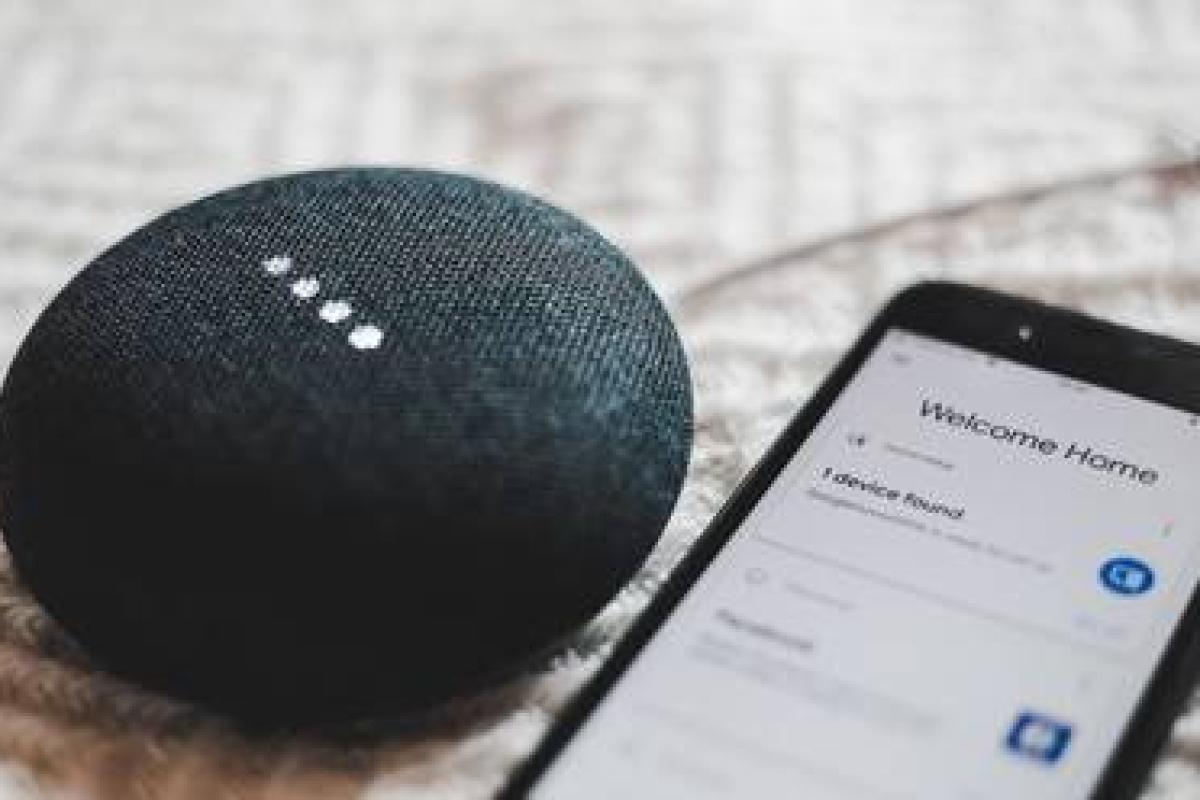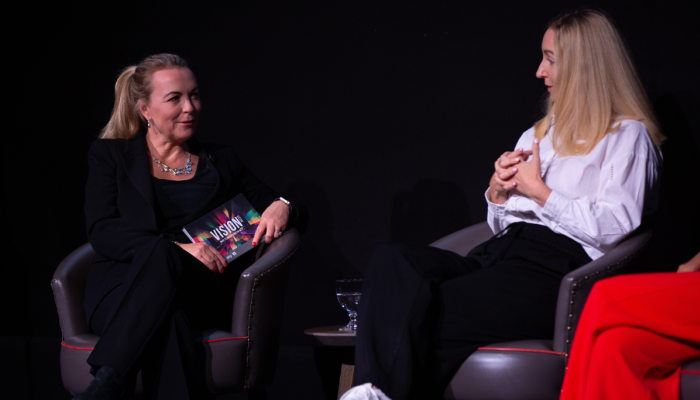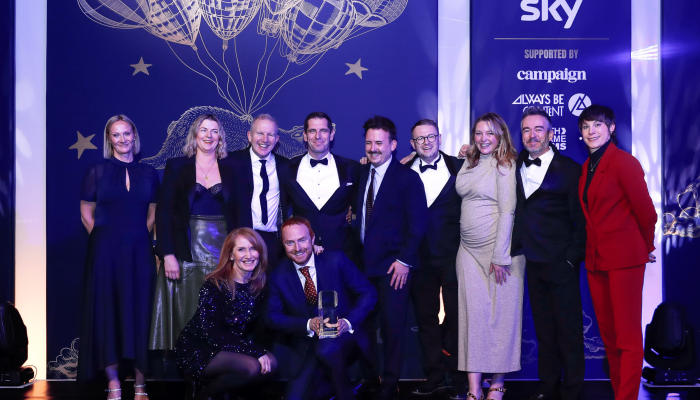Are we jeopardising our personal security just to make our lives more convenient?
I recently had my car stolen by someone who was seemingly able to hack their way into it. We were so excited collecting the car just over 6 months ago and had bought an ex demo meaning as standard it came laden with all sorts of amazing features and technologies. One of which was the keyless entry function. Wow...you don’t have to press a button to get in, you can simply grab the handle or wave your foot (in the case of the boot) to get access, incredible. All sounds great, until you realise that this also means someone (else) can hack their way into it by using a simple radio transmitter they picked up for less than £100 – probably from Amazon!
The advice on how to counteract this from car dealers...put your keys in the freezer. I kid you not! So, for the convenience of what equates to seconds being saved getting in and out of your car, this is the premium you pay. I think I would forgo those seconds for the peace of mind of knowing my car is safe.
But it’s not just keyless entry, we are living in an age where consumers (like me) are constantly willing to pay a premium for convenience (whilst ironically would not consider paying less to accept inconvenience) as Evan Williams a co-founder of Twitter stated last year “Convenience decides everything.”
The Oxford Dictionary cites convenience as “The state of being able to proceed with something without difficulty” but its brands such as Amazon, Argos and Nest who are really defining the way we view convenience. And these fall into three categories as I see it.
1. Smart home tech
YouGov’s Smart Homes 2018 Report indicates that close to a quarter of Britons (23%) own one or more smart home devices (excluding smart meters). These can be anything from speakers, to thermostats, cameras and lighting.
2. Everyday problem solvers
Even everyday mundane tasks are becoming a thing of the past with a tap of your phone, or a quick shout out to Alexa, it’s possible to order and pay for your groceries in a matter of minutes. And, you don’t even need to be home to accept the delivery. At CES this year Amazon unveiled its new Key by Amazon. And already we have brands such as Ring and Nest allowing us to monitor activity at our front door and speak directly to anyone ringing the bell despite not being home – Nest Hello being my most recent investment.
3. Wearable tech
The best example of this has to be Fitbit. Millions of people every day are able to monitor their wellbeing; track activity, exercise, food, weight and sleep through these quirky little wristbands.
But whilst the convenience of the above are all measurable, these brands (and perhaps people) now know where we are, what we do, how we do it pretty much 24/7, is this enough of a premium to warrant this level of privacy? And do changes that have come about with the likes of GDPR even help and allow us theluxury of having it all; privacy and convenience?
Taking that question a step further it’s worth thinking of the lengths and risks these brands are even willing to take to enhance their customers convenience and experience.
For example, automated checkouts. Led in large by the big grocery chains, these brands are allowing people to scan and pay for their own items. Zara’s new system even allows customers to remove the security tags themselves.
Whilst you might say this starts to balance the tables somewhat between brands and consumers, it’s clear that each of these technologies (whilst only but a handful of those available now) will continue to create a dependency to the point where we know no different. I can’t tell you how frustrated I get when I can’t have things delivered the same day or for free and get charged for delivery. Only a few years ago this was the absolute norm. Is this convenience actually affecting that time we need as humans to think and make our own decisions and truly experience?
“Friction is resistance,”, because it gives us time to stop and think. Time that allows us to acquire our own beliefs, values and attitudes rather than an algorithm. “This is free will in action.” – Brett Frischmann, Re-Engineering Humanity.
But please don’t read the above as me warding you off of new tech or my absolute unwillingness to embrace it. Far from it, I work in digital marketing so this would be counterproductive. I too have invested in smart tech in my home (mainly since the car was stolen) but my investment has been around security and comfort (Nest Hello and thermostat). I would simply urge you to consider what premium you are willing to pay in order to make your life more convenient. So the next time you teach your new car where you live, or autosave your logins and password on your phone or browser or forget to put your keys in the freezer, take a minute to think if these actions warrant a large enough benefit to be worth the risk.
Written by Rachel Faber, Client Services Director at Your Favourite Story



